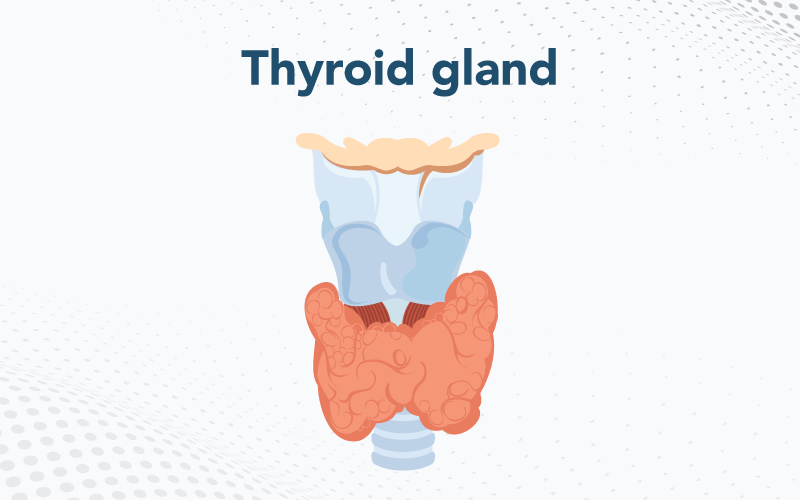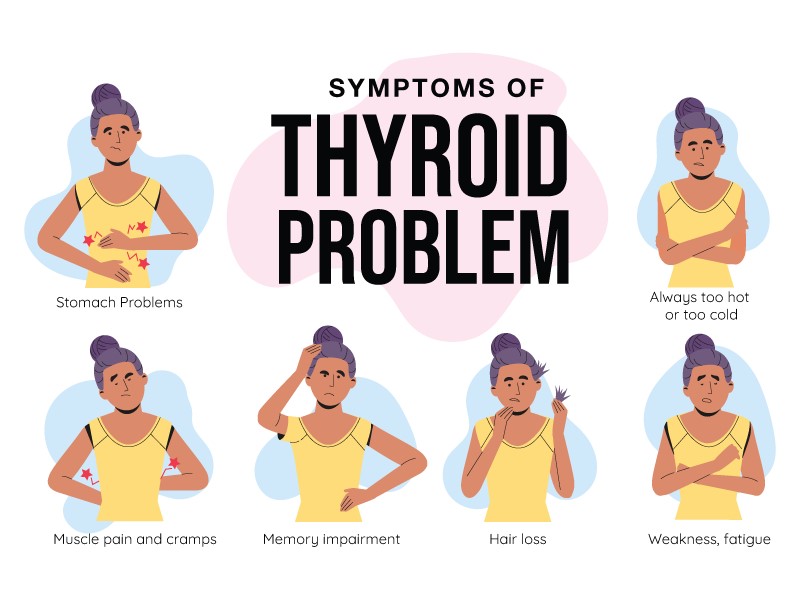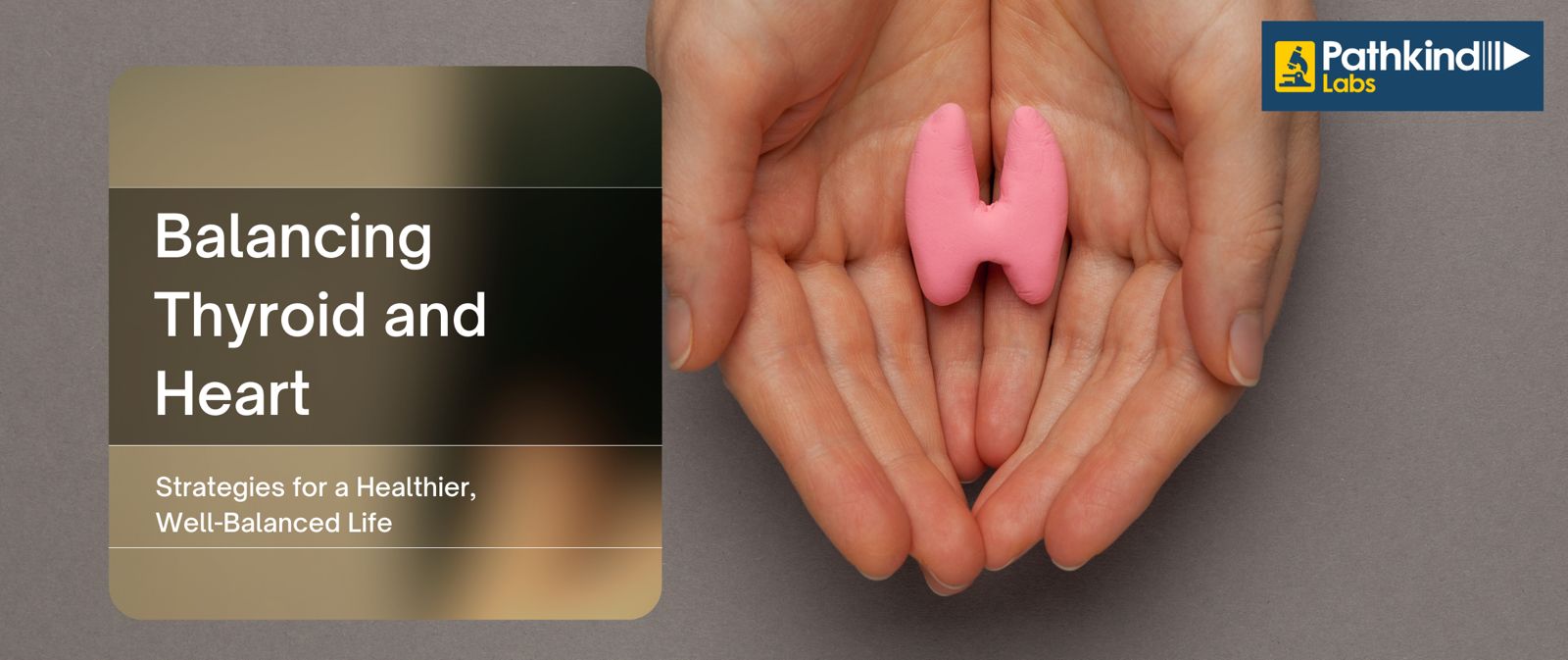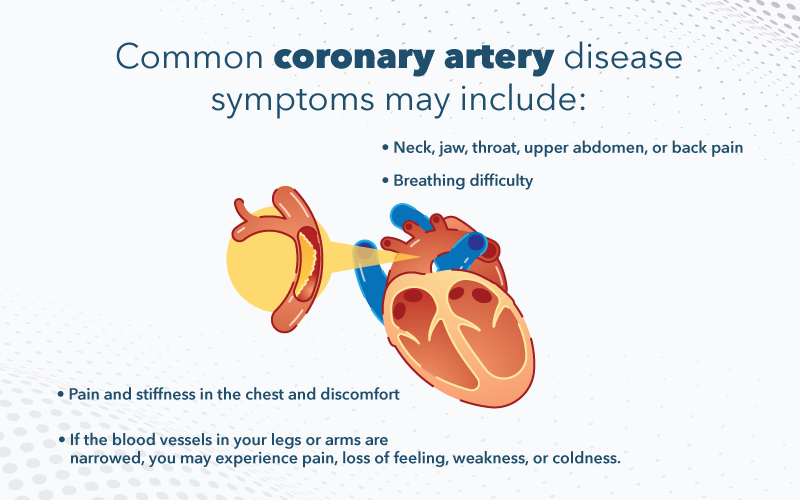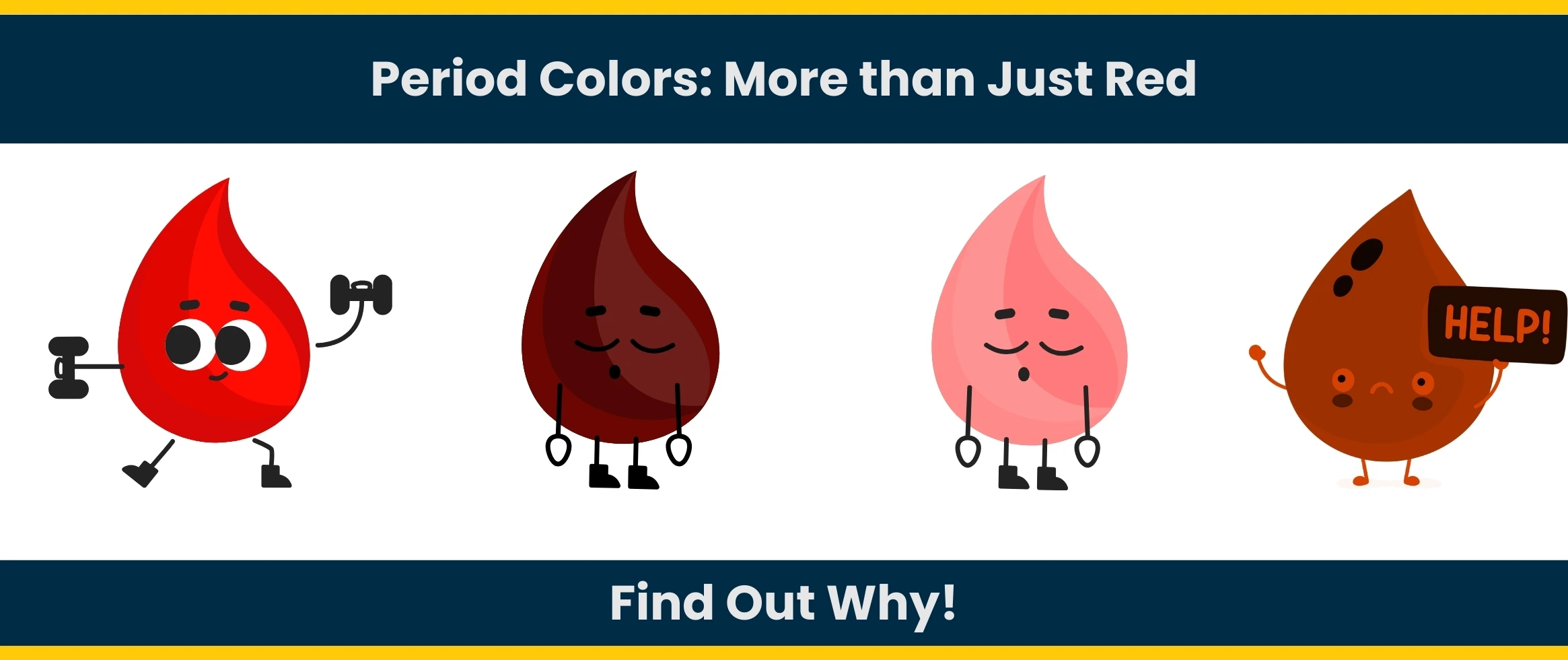Thyroid Profile Total

Gender for
Male, Female

Report Tat
3Hrs Same Day
No special preparation

Sample Type
Serum
Test Overview
The Thyroid Profile Total is a comprehensive test designed to evaluate thyroid function, essential for metabolism, energy, and hormone regulation. This test includes crucial indicators like T3 (triiodothyronine), T4 (thyroxine), and TSH (thyroid-stimulating hormone) to diagnose conditions like hyperthyroidism, hypothyroidism, and other thyroid disorders. By measuring these hormones, healthcare providers gain valuable insight into the thyroid's performance, enabling accurate diagnosis and treatment plans for thyroid-related issues.

 NABL approved
NABL approved Labs
 Most Trusted by
Most Trusted by Doctors
 Accuracy &
Accuracy & timely reporting
 Widest Range
Widest Range of Tests
Test Details
Frequently asked questions
The Thyroid Profile Total test measures T3, T4, and TSH levels to assess thyroid function and detect disorders like hyperthyroidism and hypothyroidism.
Generally, no special preparation is required. However, avoid high-iodine foods before the test and inform your doctor of any medications.
Yes, you can book the Thyroid Profile Total test online through Pathkind Labs for home collection or at a nearby center.
Test results are typically available within 24-48 hours.
These hormones control metabolism, energy, and overall health. Abnormal levels can indicate thyroid dysfunction requiring medical attention.

















